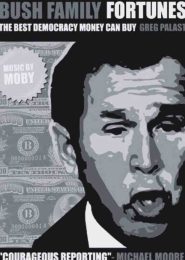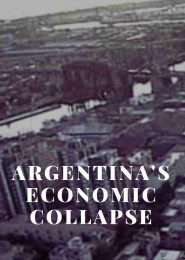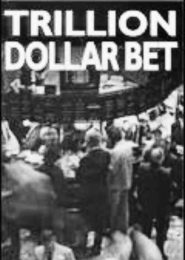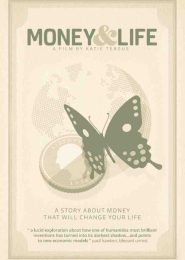Who was Karl Marx? (2018)
Who was Karl Marx? is a documentary that commemorates the 200th anniversary of the birth of Karl Marx, the German philosopher and Communist icon. Released in 2018, the film delves into the enduring impact of Marx’s ideas and theories, exploring whether they remain relevant in the 21st century.
- Marx’s Legacy and Relevance:
- The documentary begins by acknowledging that Karl Marx’s name has resurfaced in recent years. His writings, particularly “The Communist Manifesto” and “Das Kapital,” continue to inspire both Europe and China. But what does his legacy truly entail?
- We encounter activists, scholars, and witnesses who share their perspectives on Marx’s impact. Some view him as a visionary whose critiques of capitalism remain relevant, while others dismiss his ideas as outdated.
- The film raises questions: How do Marx’s theories resonate in our contemporary world? Can they address the challenges of globalization, inequality, and environmental crises?
- Personal Journey and Ideological Battles:
- The documentary weaves between Marx’s personal journey and the broader historical context. Born in Trier, Germany in 1818, he lived through tumultuous times: the Industrial Revolution, social upheaval, and the rise of revolutionary movements.
- We explore his intellectual evolution, from his early writings to his collaboration with Friedrich Engels. Marx’s commitment to understanding the world through materialist analysis led him to develop the concept of historical materialism.
- His life was marked by ideological battles, both within the socialist movement and against rival thinkers. His clashes with anarchists, utopian socialists, and other factions shaped his legacy.
- The Russian Revolution and Beyond:
- The film highlights the pivotal role Marx played in the Russian Revolution of 1917. His ideas influenced Vladimir Lenin and the Bolsheviks, leading to the establishment of the world’s first socialist state.
- However, the subsequent history of Marxism diverged across different contexts. From the Cold War to the fall of the Berlin Wall, Marx’s legacy took on various forms, often adapted to local conditions.
- We witness how Marxist thought influenced liberation movements, anti-colonial struggles, and labor movements worldwide. Even today, activists invoke his name during protests and social justice campaigns.
- Critiques and Challenges:
- The documentary doesn’t shy away from critiques. Some argue that Marx’s deterministic view of history and his focus on class struggle oversimplify complex realities.
- Critics also point to the authoritarian regimes that claimed to follow Marxist principles, leading to repression, censorship, and human rights abuses.
- Yet, defenders emphasize that Marx’s analysis of capitalism’s contradictions remains relevant. His call for workers’ emancipation and a more just society continues to resonate with those seeking alternatives.
- Legacy and Unresolved Questions:
- As the film concludes, we’re left with unresolved questions. Is Marx merely a historical figure, or does his legacy persist in our collective consciousness?
- Whether we agree or disagree with his ideas, Karl Marx’s impact endures. His legacy invites us to critically engage with the world, question power structures, and envision a more equitable future.
In summary, Who was Karl Marx? invites viewers to explore the man behind the theories, the controversies surrounding his name, and the ongoing relevance of his ideas. Whether you’re a scholar, activist, or curious observer, this documentary provides a nuanced portrait of a thinker whose influence reverberates across time and borders.




